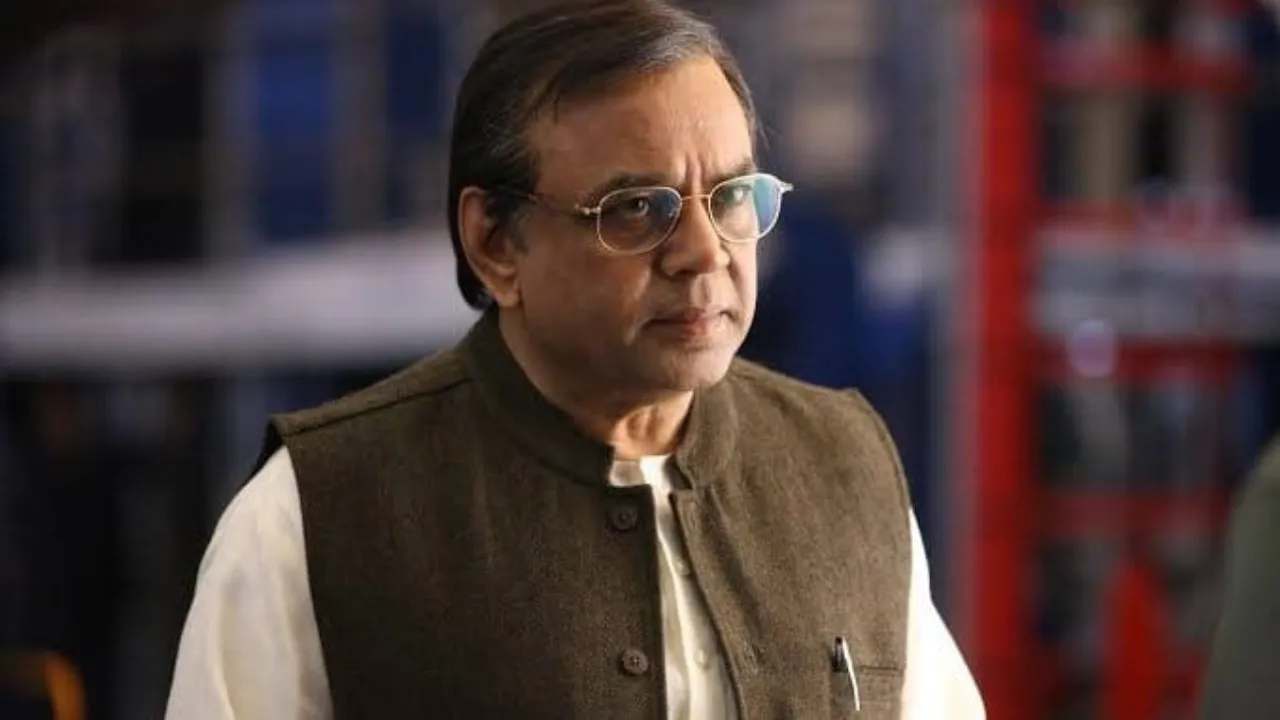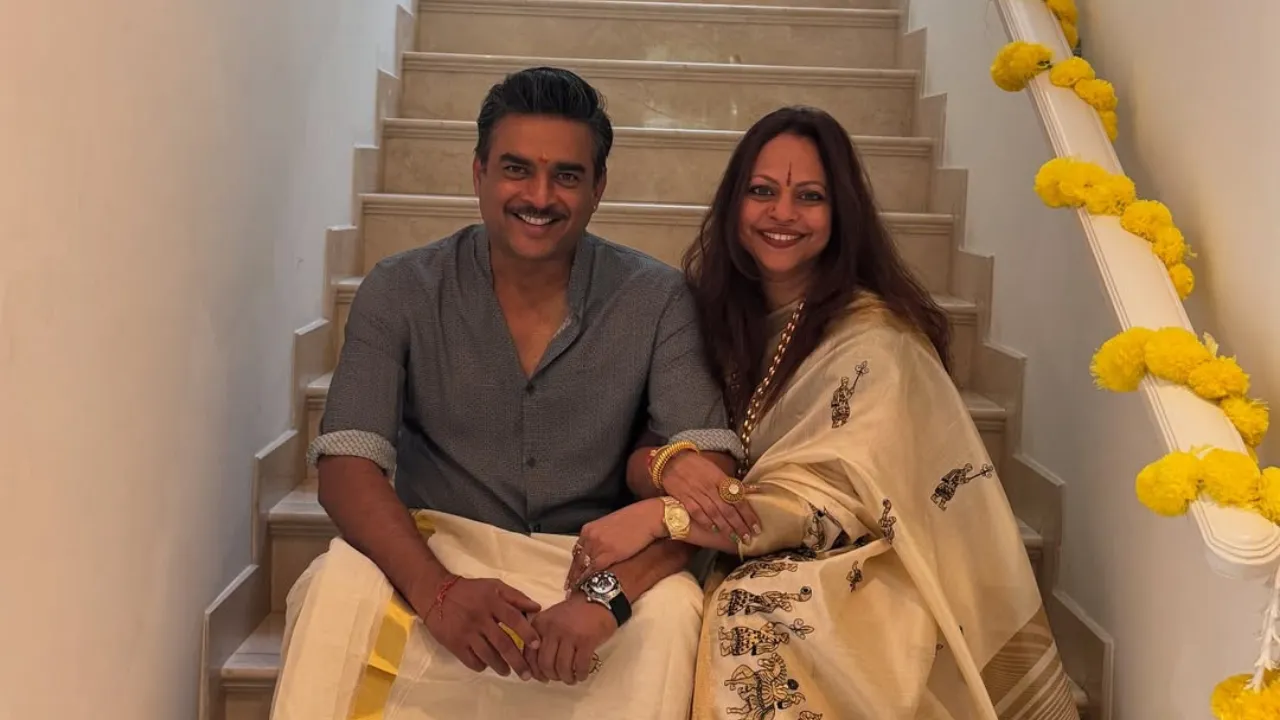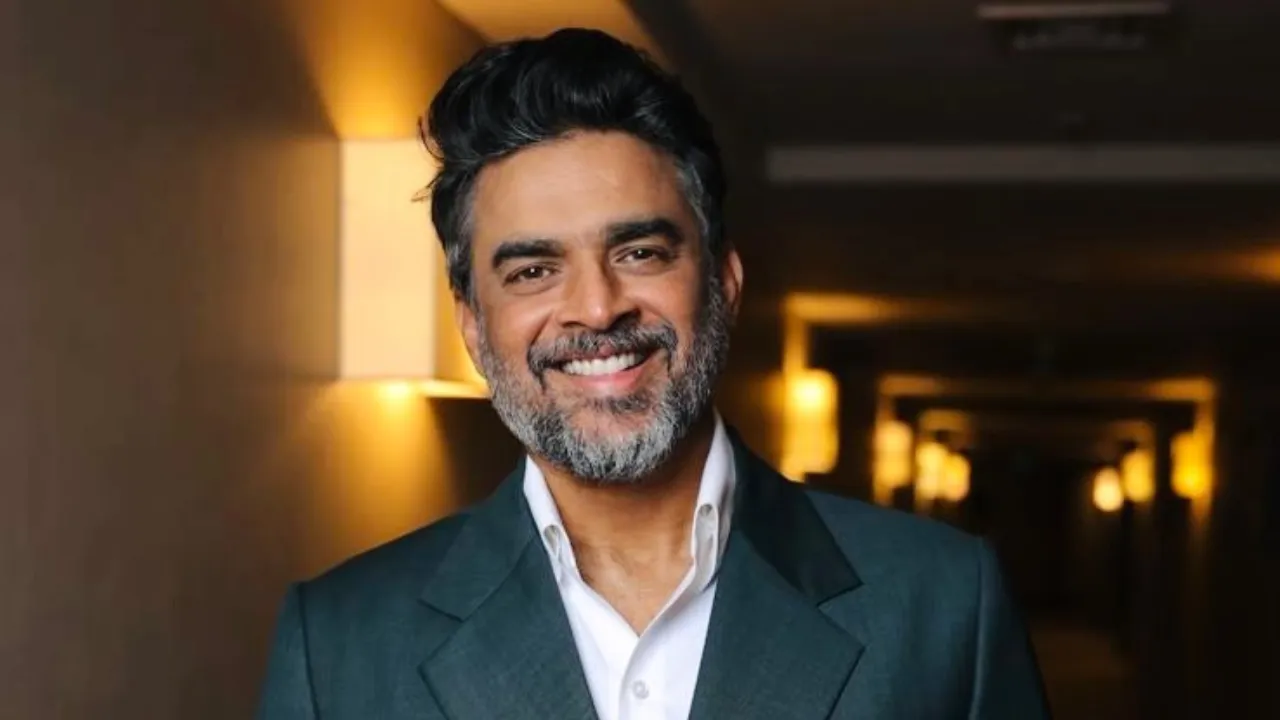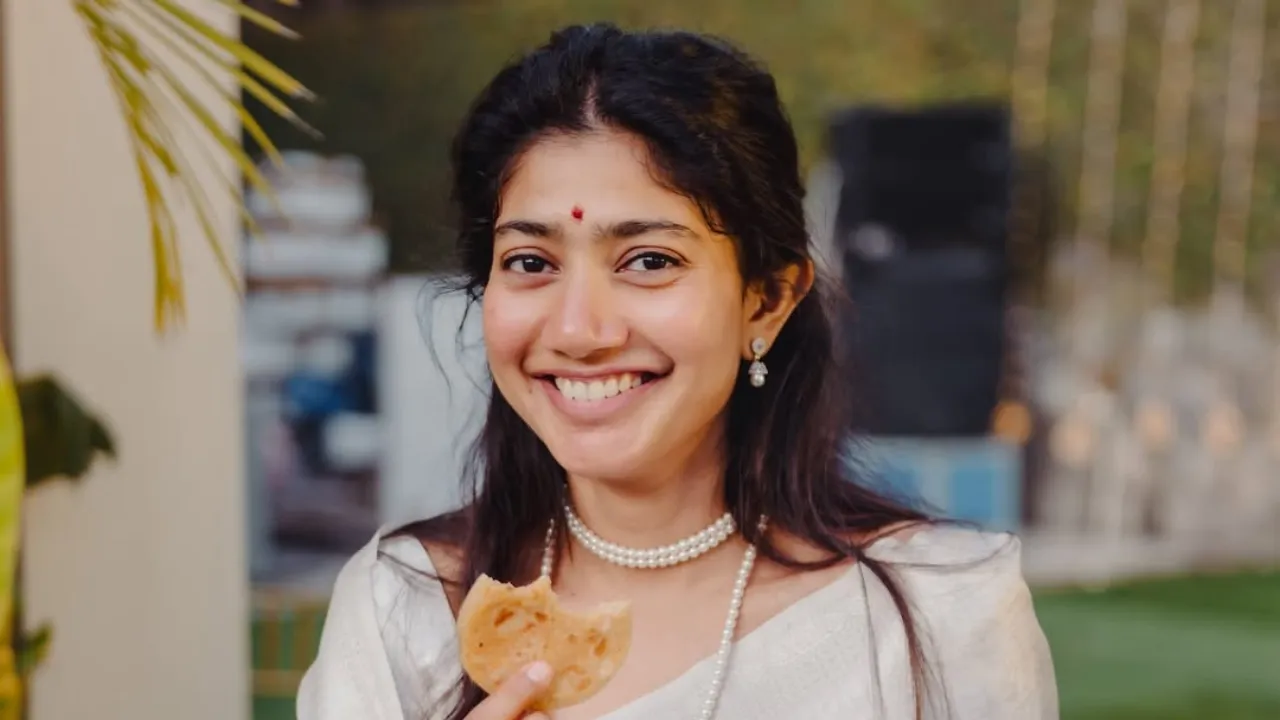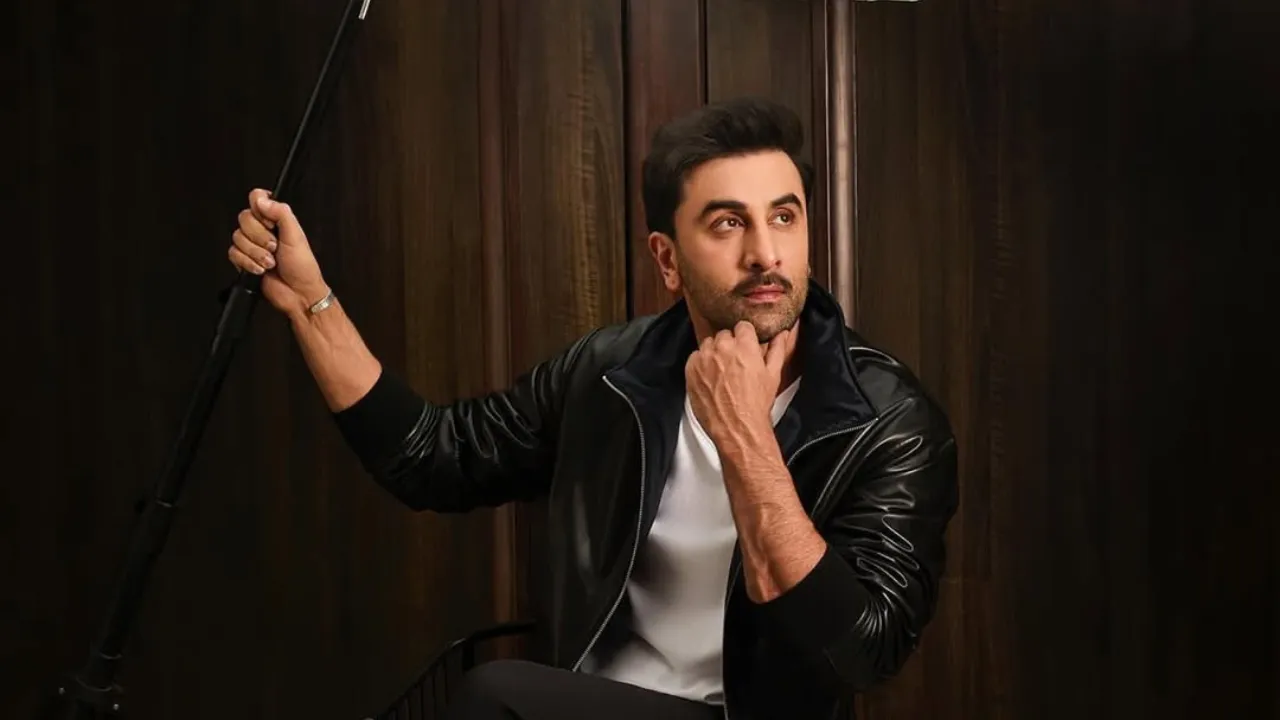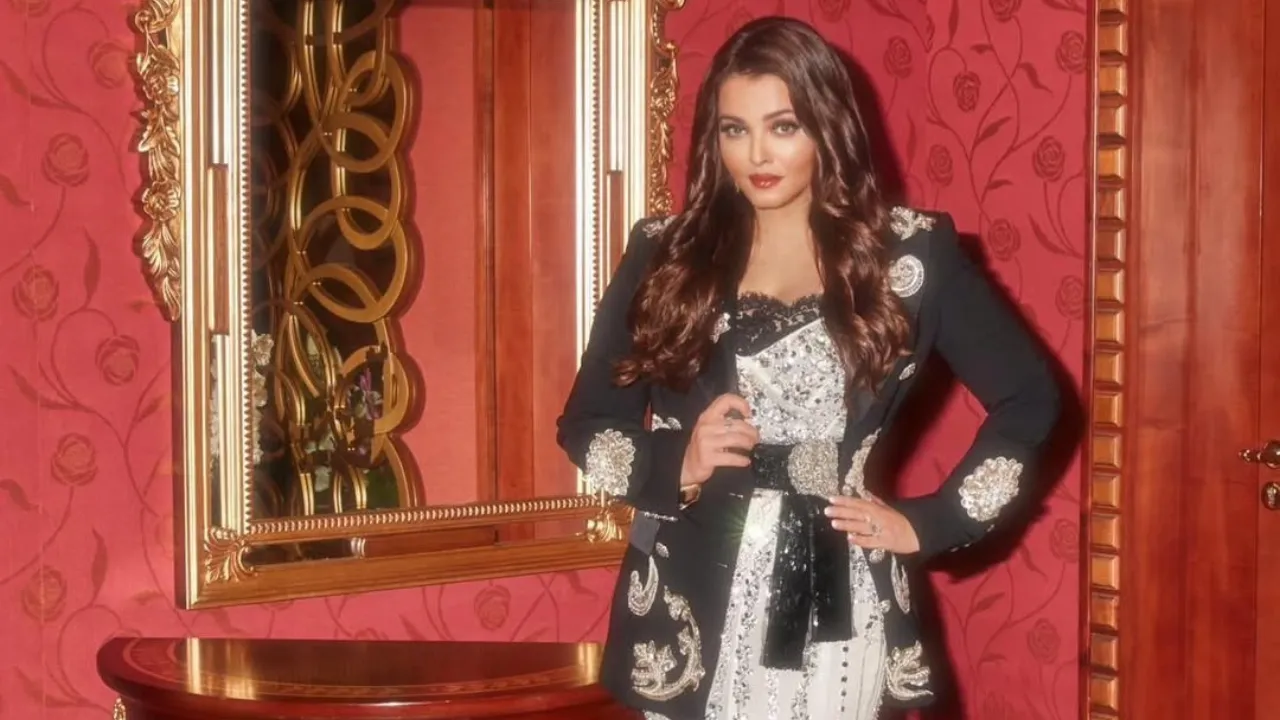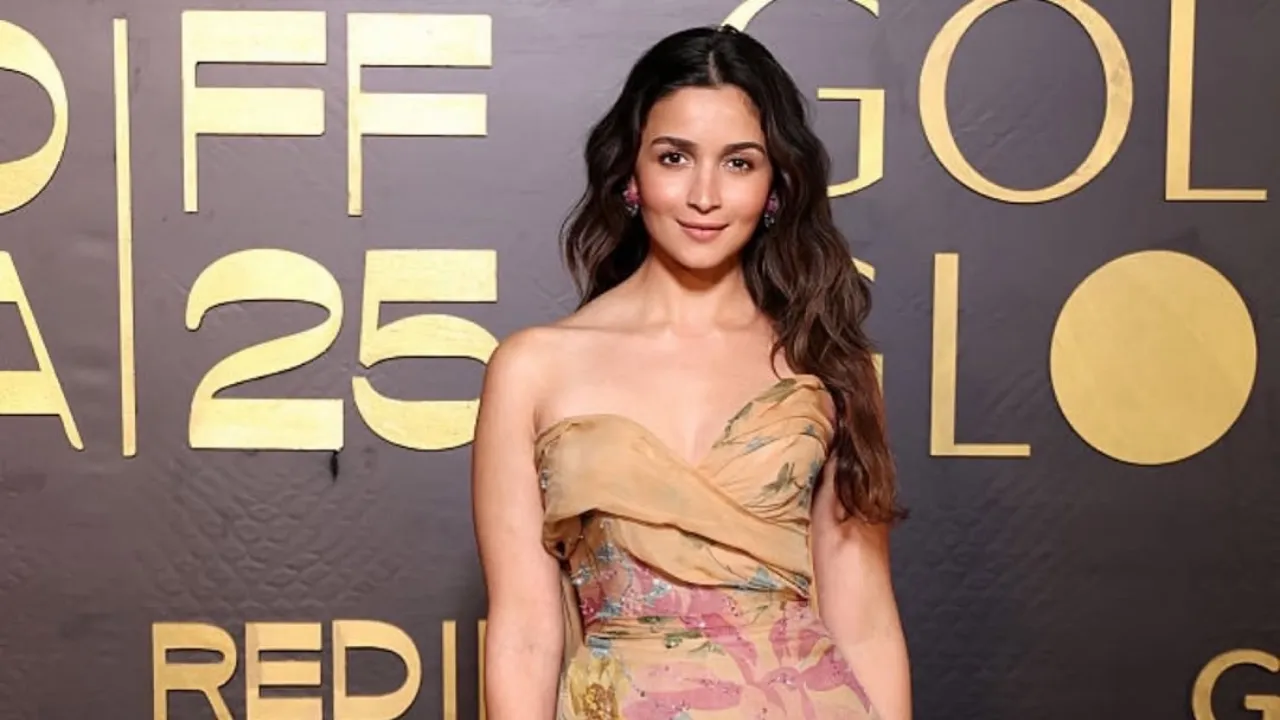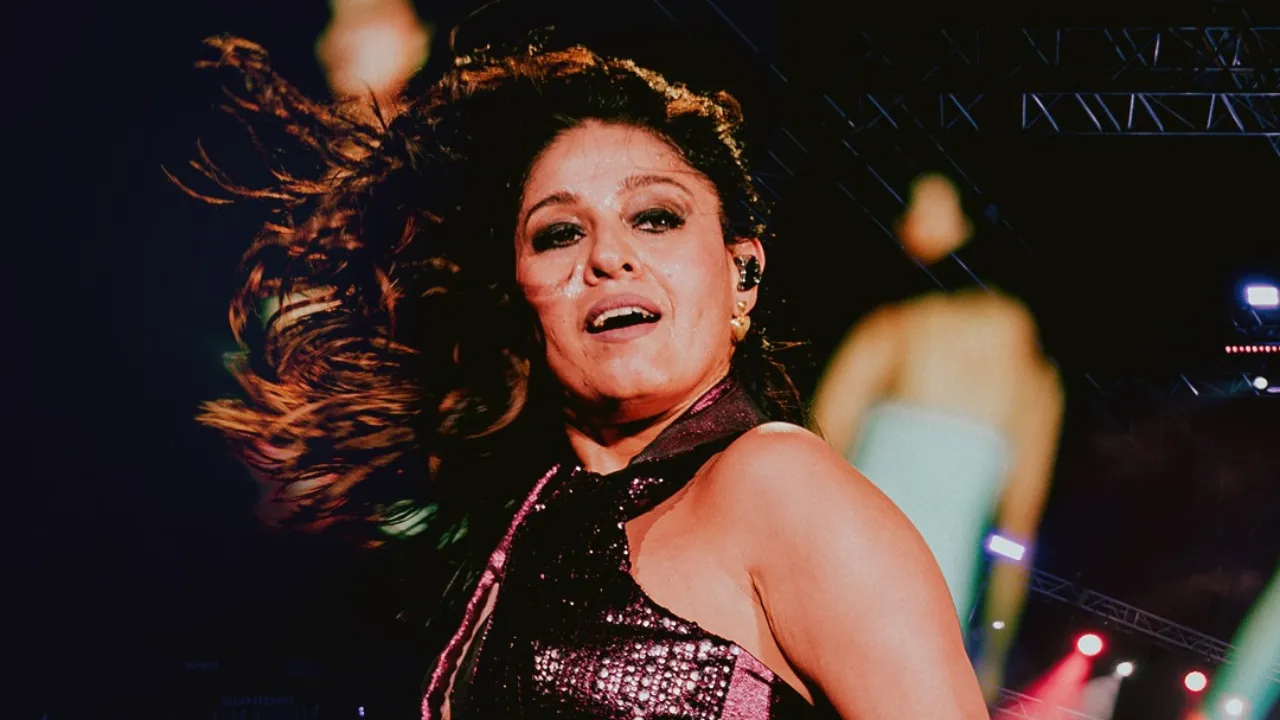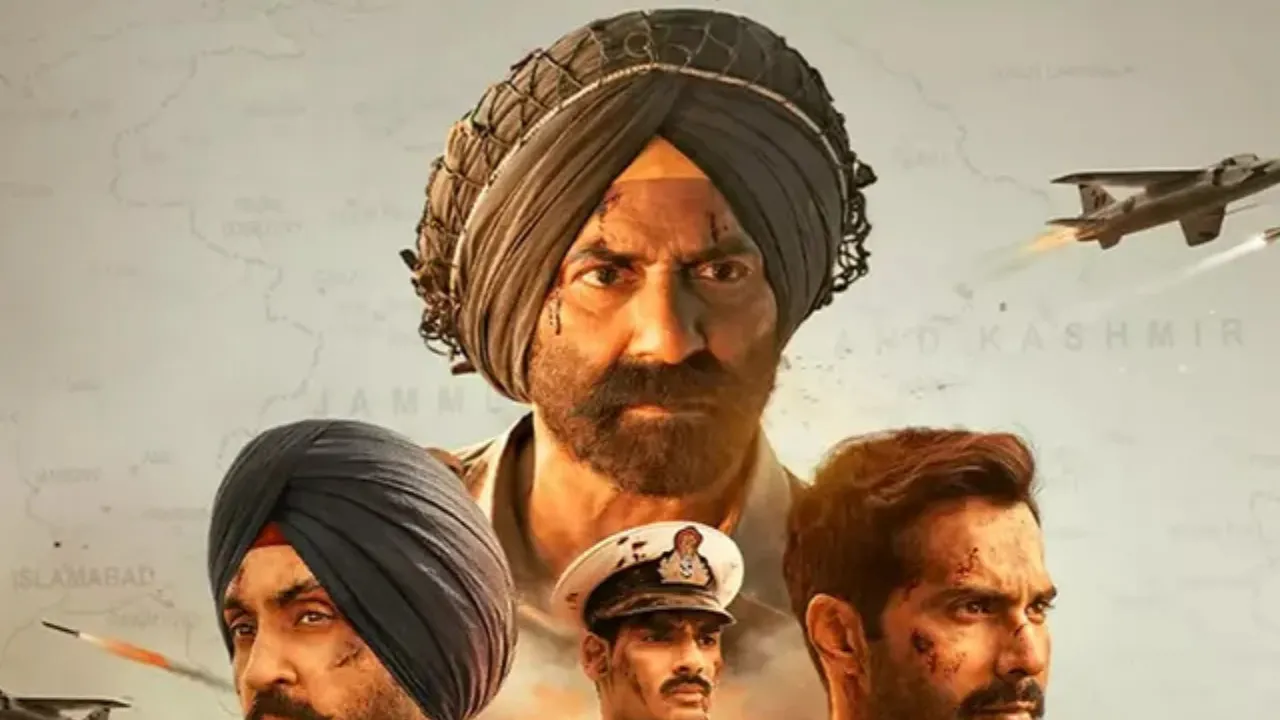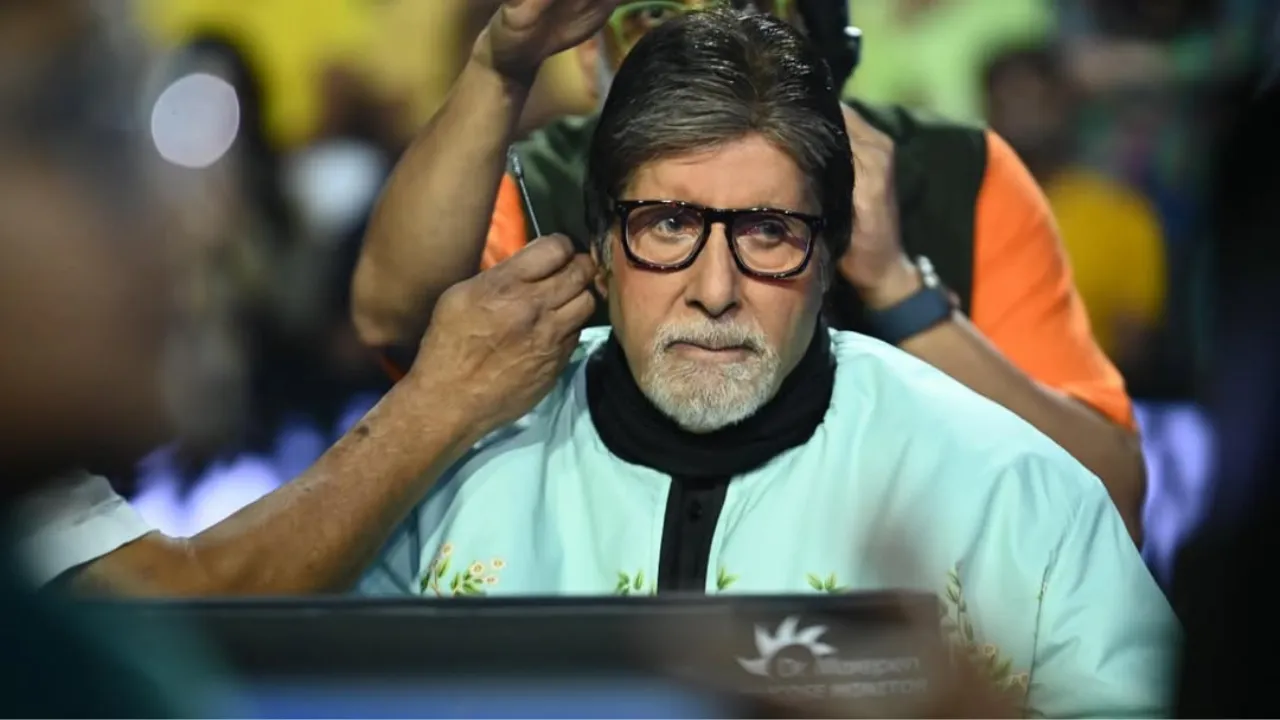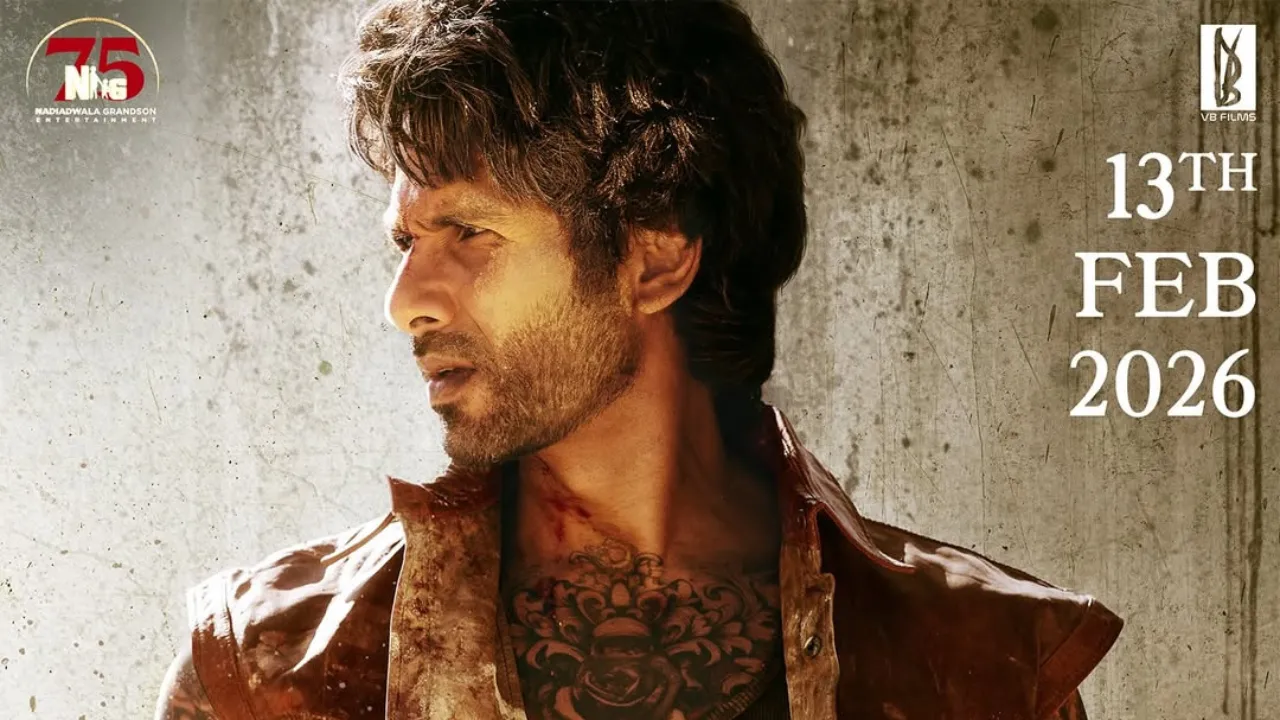Veteran actor Paresh Rawal has once again made headlines—this time not for a performance, but for his candid comments about the film‑award ecosystem. In a recent podcast conversation, Rawal claimed that lobbying plays a role even in prestigious platforms such as the National Film Awards of India, and he drew a parallel with the world‑famous Academy Awards (Oscars). This article explores what he said, why it matters, and what implications his remarks might have for the industry.
What Did Paresh Rawal Actually Say?
The context of his remarks
During an episode of entrepreneur Raj Shamani’s podcast, Rawal discussed his career, his approach to awards, and the broader industry‑dynamics of recognition. He prefaced his remarks by acknowledging that while he has been honoured in the past, for him real recognition comes from his collaborators—directors and writers—not just a trophy.
His comments on lobbying and the National Film Awards
Rawal observed:
“Award to mujhe to pata hi nahi hai. Ek baat main ye bhi bolun, National Award mein thoda bahut (lobbying) hota hoga. Utna nahin hai jitna baaki ke awards mein hota hai.”
In other words, he believes that in the National Film Awards awarding process there is “some amount” of lobbying—a term he uses to describe behind‑the‑scene influence and networking. He qualified the statement by adding that the level of lobbying in the National Awards is less compared to many commercial or popular award shows.
His claim about the Oscars
What adds weight to his comments is that he didn’t confine the observation to India. Rawal stated:
“Lobbying to Oscar Awards mein bhi hoti hai.”
He suggested that award circuits globally—such as the Academy Awards in Hollywood—are not immune to influence or campaign‑driven efforts to sway decision‑makers.
Why Do These Comments Matter?
Impact on credibility and trust in awards
When a respected actor like Paresh Rawal publicly acknowledges that lobbying exists even in top awards, it raises questions about transparency and merit. Awards are meant to act as benchmarks of excellence; when the process appears influenced by networking or campaigns, it can erode trust among audiences and practitioners alike.
Emphasis on merit vs. visibility
Rawal’s remarks bring into focus the tension between genuine artistic merit and visibility or influence in award campaigns. He reiterated that for him, what matters more than the trophy is appreciation from his creative team—“when the director and writer endorse you”. This position reminds readers that awards are one of many forms of recognition, not the ultimate measure.
Encouraging industry reflection
Such statements may prompt the film industry, media houses, award‑organisers and even audiences to reflect on how awards are adjudicated: Who makes the decisions? How much publicity or lobbying plays a role? Are award‑jurors insulated from external influence? Paresh Rawal’s comments may serve as a catalyst for deeper conversations on the subject.
Paresh Rawal’s Award History & Perspective
A glance at his award credentials
Paresh Rawal won the National Film Award for Best Supporting Actor in 1993 for his performances in the films Woh Chokri and Sir. With decades of work spanning serious drama and comedy, Rawal’s credibility in the industry gives weight to his views.
His stance: what recognition means to him
Rawal stated that the trophy itself is less important to him. What drives him is the endorsement from his collaborators. He said:
“When director says cut, when writer says he is happy with my work, my award is received. There my drive, my urge, everything stops.”
This mindset sheds light on his motivation: besides commercial success and public recognition, his internal yardstick is the respect of his creative peers.
Understanding Award Lobbying: What Does It Really Mean?
Defining lobbying in the award context
In the context of film awards, “lobbying” doesn’t necessarily imply illegal activity. It refers to efforts such as:
- organising screening events or parties for jury members or academy members
- publicity campaigns targeted at influencing jurors or voters
- networking and visibility campaigns beyond the film itself
Rawal specifically referenced “big parties … as part of lobbying efforts”.
Why it happens
Award recognition can elevate careers, increase a film’s shelf‑life, boost marketability and enable higher budgets for future projects. Given these incentives, it’s natural for filmmakers, producers and studios to invest in campaigns and visibility. When jurors or academy members are numerous and dispersed, visibility can tip the scales. Rawal’s comment about “let’s get all the Academy members together and influence them” hints at the mechanics of such lobbying.
Is it unique to India?
No. Rawal made the point that even internationally recognised awards like the Oscars are not exempt. This suggests that the dynamics of influence, networking and campaign‑effort are part of the global entertainment industry, not just a local phenomenon. This global angle strengthens the argument that award‑circuits may need more transparency and audit.
Critiques and Counterpoints
Rawal’s moderation of his own claim
Significantly, Rawal did not claim that the National Film Awards are entirely compromised. He said the lobbying there is “somewhat” present and “less” compared to many other awards. By doing so, he acknowledged the prestige of the National Awards while also injecting a dose of realism.
Lack of detailed evidence
While his remarks are impactful, they are anecdotal and based on personal observation rather than detailed investigation. He did not provide specific instances or data of lobbying practices, so the comments serve more as a prompt for discussion than a documentary proof.
Awards vs. artistic value
Some may argue that awards are just one form of recognition, often influenced by trends, jury tastes, and industry politics. Rawal’s own emphasis on peer recognition aligns with the view that awards aren’t the definitive measurement of art. This perspective invites audiences to look beyond trophies and consider broader indicators of performance and value.
Implications for Audiences, Filmmakers & Award Bodies
For audiences
As viewers, Rawal’s comments encourage us to approach award‑lists with curiosity rather than blind faith. While awards matter, they are not infallible. The recognition of a film or performance by the public, critics and peers may matter just as much—if not more.
For filmmakers and actors
For industry professionals, the discussion underscores the importance of more than just making a film: visibility, networking, campaign‑strategies matter. But Rawal also reminds us that genuine appreciation from collaborators—those who shape the craft—is a stronger foundation for long‑term respect and legacy.
For award organisers
This may be the right moment for jury‑bodies, academies and award‑organisers to revisit transparency measures. Are selection criteria and processes sufficiently robust? Is there oversight to limit undue external influence? As credibility is central to the value of an award, such internal reviews may bolster public trust.
Final Thoughts on Paresh Rawal’s Statement
When Paresh Rawal speaks, the industry listens—and his recent remarks about lobbying in awards open up a meaningful conversation. He balances respect for the institution of the National Film Awards with a realistic acknowledgment that influence and campaign‑effort are part of the landscape. By doing so, he invites a healthier industry dialogue: one that blends honour for creative craft with honesty about institutional dynamics.
For readers and film‑lovers alike, his statement is a reminder that medals and trophies are meaningful—but they do not always tell the whole story. In a world where awards matter but are not the sole measure, knowing the context behind them adds depth to our appreciation of art and artists.
Whether you’re a casual viewer, an aspiring filmmaker or simply a cinema‑lover, Paresh Rawal’s candid words are a call to look deeper: into the work, the recognition, and the industry machinery behind what we celebrate on screen.
Also Read: Shraddha Kapoor Transforms into Folk Legend Vithabhai in Eetha
